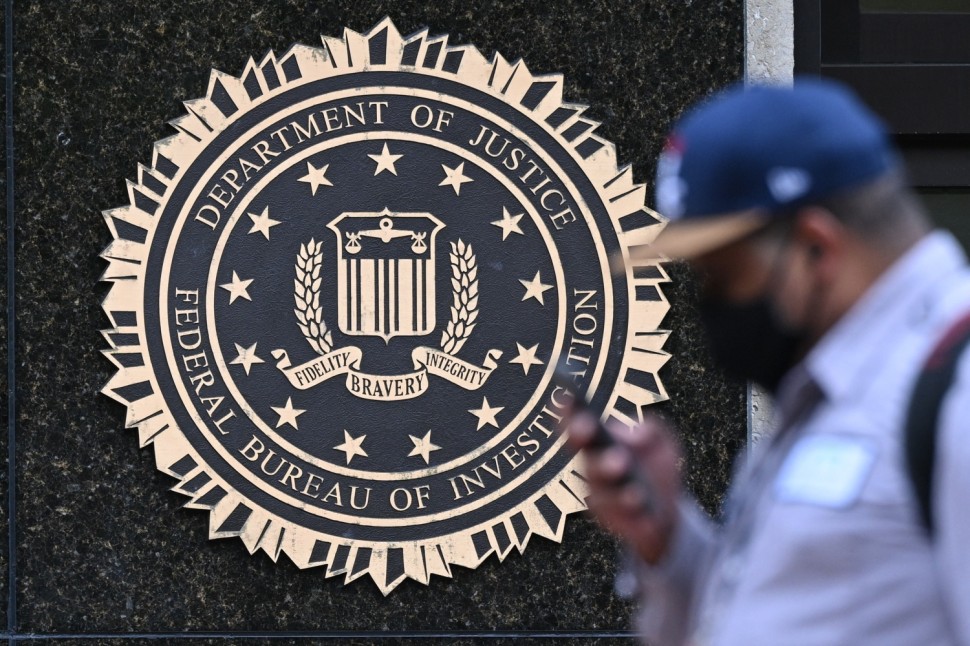House Republicans recently disclosed their plan to reauthorize and reform the country's warrantless surveillance powers. The introduction of this new legislation sees the party preparing for a contentious floor discussion over disputed provisions. The Foreign Intelligence Surveillance Act's (FISA) Section 702 permits the United States government to carry out surveillance on non-citizens located abroad. Set to expire in April, a short-term extension had been implemented last year following disagreements among the competing packages.
The recently unveiled text combines two previous bills but closely resembles the original House Intelligence Committee proposal. The bill aims to implement substantial reforms at the FBI to counteract the misuse of this influential spying tool. However, it does not incorporate the Judiciary's desire for a warrant requirement, a non-negotiable factor for the intelligence community and privacy advocates in Congress.

The Effects of FISA 702 and the New Bill
Although FISA 702 strictly permits surveillance of foreigners, communications involving Americans also frequently accumulate during the process. The new legislation seeks to restrict access to the resulting database, which the FBI misuses. Consequently, the FBI has initiated several reforms in response to criticism.
The proposed bill would drastically reduce the number of FBI personnel allowed to search the database. At least 550 lawyers or supervisors will oversee the procedural implementation before agents can access information on Americans. While the bill doesn't include a comprehensive warrant requirement, it requires law enforcement to obtain a warrant to search the database for criminal evidence.
Additional Protections for Congress Members and High-Profile Officials
The new legislation incorporates several provisions that aim to enhance the protection of Congress members and other prominent figures. For instance, a lawmaker's consent would be required before gathering information for a "defensive briefing" regarding foreign entities targeting them. Additionally, the FBI would need to inform a member of Congress if they have been searched in the 702 database, with certain limitations in place.
Addressing Section 701 of FISA
The bill also targets FISA's Section 701, which permits surveillance of Americans who have obtained a Foreign Intelligence Surveillance Court warrant. These sections of the bill are designed to reinforce requirements, keeping in mind Carter Page's experience. This Trump campaign advisor became the subject of FBI surveillance based on a warrant acquired with numerous omissions. The bill prohibits law enforcement from relying on opposition research or media reports as the basis for a warrant to avoid such incidents.
Debate on Warrant Requirement and the Future of the Bill
Bringing the bill to the floor will prompt the House to reconsider Speaker Mike Johnson's previous suggestion of a queen-of-the-hill-style debate format, enabling the consideration of amendments, including the possible warrant requirement. Privacy advocates believe a warrant is the only solution to protect Americans' rights. In contrast, the intelligence community backed by the White House views a warrant requirement as the end of the program, hindering law enforcement access to legally acquired information necessary for real-time actions.
The legislation's consideration is further complicated by reports that portions of the bill may be discussed during a closed session, co-director Elizabeth Goitein of Liberty and National Security Program (LNSP) at the Brennan Center for Justice raised concerns on the matter's secrecy, stating that "national security legislation is openly debated in every Congress." She added that secret law creation is "anathema to democracies" and counter to the spirit of open debate in a democratic system.




